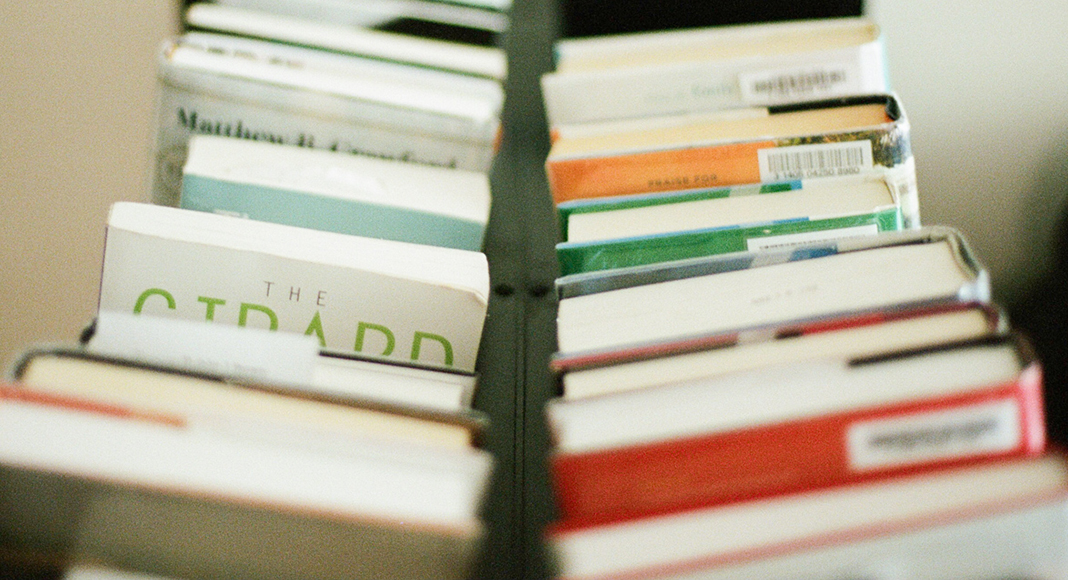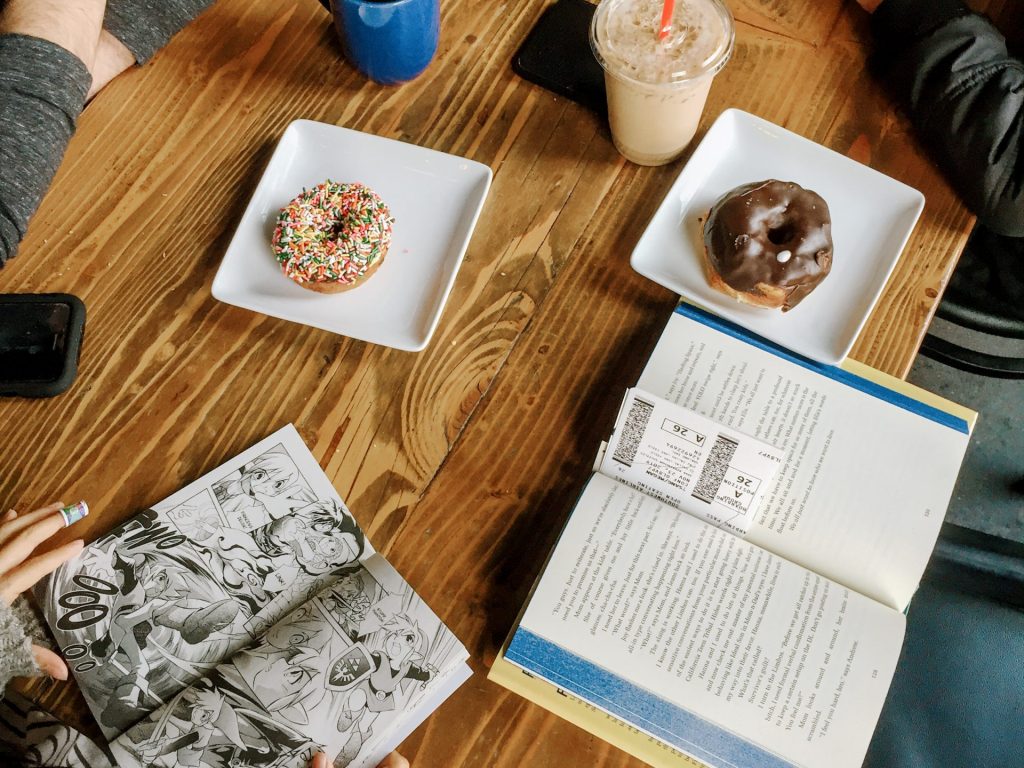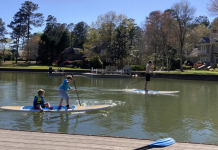
If anyone knows me, they know that I love books. It started with biographies and non-fiction while I was growing up, then expanded to self-help, contemporary fiction, and young adult in my twenties. Now in my thirties, I still have my go-to genres like contemporary fiction, but I’ve started to sneak in other genres.
Surprisingly, one of my newest discoveries in the past couple of years is that I absolutely love juvenile fiction, also commonly known as middle-grade fiction. These are books generally geared towards children seven-12 years old. What I love most about juvenile fiction is how it flawlessly incorporates complex topics into easily digestible stories for young ones, while still being age-appropriate. Although I do read this genre for my own enjoyment, I’m always on the lookout for book suggestions for my nieces who are nine and 11.
Without further ado, here are five books I recommend to parents for reading and discussing with their children:
1. The War that Saved My Life by Kimberly Brubaker Bradley
Plot: This book takes place in England during World War II and follows Ada, who is born with a club foot. I love this book for a myriad of reasons. Not only does it discuss World War II and its historical elements, but you also get to read how Ada feels unwanted and/or a burden because of her physical disability. We see how she is able to reconcile that and find her worth.
The Big Conversation Topics: Physical disabilities and navigating non-traditional family structures.
The main reason I recommend this book is because it describes the complex relationships Ada has with her mother, who loves her but is ill-equipped to care for her, and Susan, who she ends up living with in the country. Through this book and its sequel, Ada comes to understand she can love both her mother and Susan, who later adopts her. Both are important to her in their own ways, and she can have both in her life without one replacing the other. I think this book would be good for a child in the foster care system or an adoptee as a tool to explore their own feelings, or with a child to introduce them to different types of families that have different types of grown-ups who love and care for their children.
2. Marshmallow and Jordan by Alina Chau
Plot: This book is a beautifully illustrated graphic novel about Jordan, who is a basketball player that has an accident, leaving her paralyzed from the waist down. A mysterious elephant named Marshmallow appears and helps her navigate life and sports in a wheelchair.
The Big Conversation Topic: Disability and learning to pivot when you encounter setbacks or failures.
I love this book for a child (or friends of one) who is processing a new physical disability. It goes through Jordan’s journey of adjusting to her new physical limits and how Marshmallow helps her find new ways to enjoy her life and hobbies. It’s such a sweet book.
3. The Remarkable Journey of Coyote Sunrise by Dan Gemeinhart
Plot: Coyote and her Dad live in a school bus while driving across the US, making new adventures, and meeting interesting characters along the way.
The Big Conversation Topic: Grief
Although this is a mostly lighthearted story about a girl and her father’s adventures traveling, while reading the book you discover Coyote’s mother and sisters have died in a car crash. The characters she and her father encounter along the way help her process her loss and grief. I feel this would be good for any child who’s lost a family member. An aspect of the book I found very valuable is that Coyote comes to realize her father is also grieving and doing his best to care for her; but he has not fully come to terms with this immense loss either. Through these fun, often comical, encounters with travelers, the two of them learn to be vulnerable with each other, ultimately grieving and healing together.
4. Front Desk by Kelly Yang
Plot: Mia and her immigrant parents live at a motel her parents manage. While there, she develops relationships with the motel’s semi-permanent residents and meets other immigrants her parents end up helping despite their meager means. She learns about kindness, selflessness, and the drive to follow her dreams to be an English writer, even though it’s not her first language.
The Big Conversation Topics: Poverty, fitting in, and life as an immigrant.
I think this is a good book that shows the complex nature of being poor and/or an immigrant, as Mia navigates being different in school and her desire to work at the hotel to alleviate some of her parents’ stress. This would be a great book to discuss with children who feel a bit different from their peers because of culture or income. While my parents were not immigrants, this resonated with me. Coming from a poorer background, going to a private school, and being surrounded by wealthy peers who always had the newest, best things and a lifestyle I just couldn’t relate to, this book would have helped me navigate those feelings well during those tough times.
5. We Dream of Space by Erin Entrada Kelly
The Plot: Three siblings are gearing up in school for the Challenger launch from Cape Canaveral. You’ll follow the typical middle school issues of Cash, Fitch, Bird, and the events leading up to each of them watching the Challenger explosion live. You’ll see how they respond and pull together in the aftermath.
The Big Conversation Topics: Experiencing a national catastrophe and appreciating your siblings (even when they annoy you).
With everything going on in the world, I feel like this would be a good conversation starter about any current events in the news that we do not directly experience (like the Challenger explosion) but still feel the impact in our lives. It can show us how to deal with our emotions in response. And, if not that, it can at least demonstrate how children can love and celebrate their siblings despite their differences.
 Whew! If you’ve made it to the end of the post, I applaud you. I hope this has piqued your interest in juvenile fiction reads to share with your (not so little) little ones.
Whew! If you’ve made it to the end of the post, I applaud you. I hope this has piqued your interest in juvenile fiction reads to share with your (not so little) little ones.











